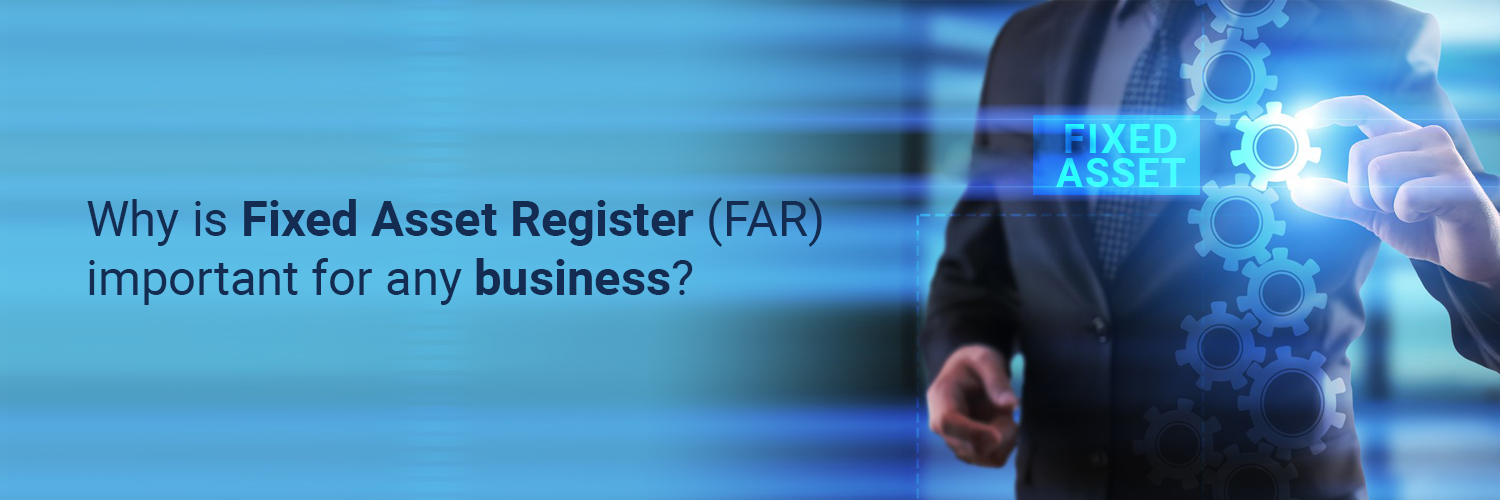
Assets are constantly moving around within an organization. Therefore, there is a higher chance of assets losing.An asset register is essential in order to keep accurate records. You will have a negative impact on your business if you do not use an asset register.
In this blog we'll explain what the asset registry is, how accurate data can impact your business, and what it can do for you.So, let us begin.
A company's asset register keeps a detailed list of assets.It is used to depreciate assets in accounting. It provides details about each asset like:
A asset register is used to keep track of assets for accounting purposes.An asset register is maintained for accounting purposes. It helps to track the book value of assets as well as any deterioration charges over a given period.The asset register allows you to effectively identify items within your business by allocating a unique ID Number to each asset.
Your business will suffer if your asset register is inaccurate.It will be impossible to calculate accurate tax and asset depreciation reports.They are crucial to keep financial data accurate and up to date.This register allows you to record the purchase value and the depreciation of an asset over its lifetime.
The Asset register ensures that company's assets comply with the tax regulation. It also provides transparency of asset values.
Let's take an example of an IT asset registry. This is useful for monitoring who is using assets such as organization vehicles or PCs, and whether adjustments or updates are needed.This helps you to ensure that these assets are always up to date and operating optimally.
Here you can see what PiLog's Fixed Asset Register offers to keep the accurate asset register without complexities:
